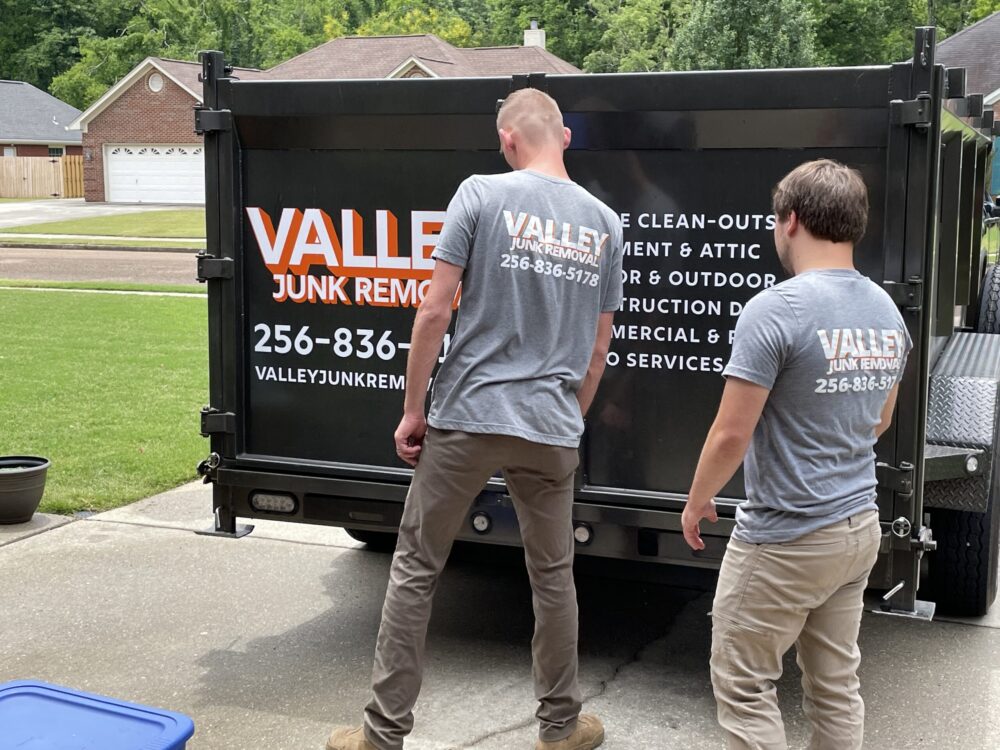The Dangers of Hoarding: Why Professional Help is Essential
Hoarding is a serious issue that affects millions of people worldwide. It’s more than just having a messy home; it’s a complex condition that can have devastating effects on individuals and their families. Piles of belongings can create hazardous environments and attract pests, leading to significant health risks. The emotional toll is equally severe, often resulting in isolation, loneliness, and depression as individuals struggle to part with their possessions.
Understanding the dangers of hoarding and why professional help is crucial can make a significant difference in the lives of those struggling with this condition. Addressing hoarding requires more than just tidying up; it involves tackling deep-rooted psychological issues and implementing effective strategies to manage the behavior. Professional intervention is essential in providing the expertise, support, and long-term solutions needed to help individuals reclaim their lives and homes.

The Physical Dangers of Hoarding
One of the most immediate dangers of hoarding is the physical risk it poses. Cluttered homes can become hazardous environments. Piles of belongings can block exits, making it difficult to escape in case of an emergency like a fire. These piles can also collapse, causing injuries. Additionally, hoarded items can attract pests, leading to infestations that pose health risks, such as respiratory problems and allergic reactions.

Why Professional Help is Essential
Addressing hoarding is not as simple as tidying up. It requires a comprehensive approach that includes understanding the underlying psychological issues and implementing strategies to manage the behavior. Professional help is essential for several reasons:
- Expertise and Training: Professionals, such as therapists and social workers, have the expertise and training to address the root causes of hoarding. They can help individuals develop coping strategies and make gradual changes.
- Support Systems: Professionals can provide support not only to the individual but also to their family members. They can offer guidance on how to handle the situation with empathy and understanding.
- Safety Measures: Trained professionals can assess the safety of the living environment and take necessary actions to prevent accidents and health hazards. They can work with cleaning services that specialize in hoarding situations to ensure a safe and thorough clean-up.
- Long-term Solutions: Professional help isn’t just about immediate clean-up. It’s about creating long-term solutions to prevent the recurrence of hoarding behaviors. This might include ongoing therapy, support groups, and regular check-ins to ensure progress is maintained.
Strain on Relationships
Hoarding can also take a toll on relationships. Family members and friends may become frustrated or distressed by the hoarder’s behavior. This can lead to conflicts and strained relationships. Loved ones might not understand why the person can’t simply clean up, leading to a lack of empathy and support. Professional intervention can provide the necessary mediation and support to mend these relationships.

Conclusion
Hoarding is a complex and dangerous condition that goes beyond mere clutter. The physical, emotional, and relational impacts can be profound and far-reaching. Professional help is essential in addressing the root causes, ensuring safety, and providing long-term solutions. If you or someone you know is struggling with hoarding, don’t hesitate to reach out to professionals who can offer the necessary support and guidance. Seeking help is a courageous step towards a healthier, happier life.
